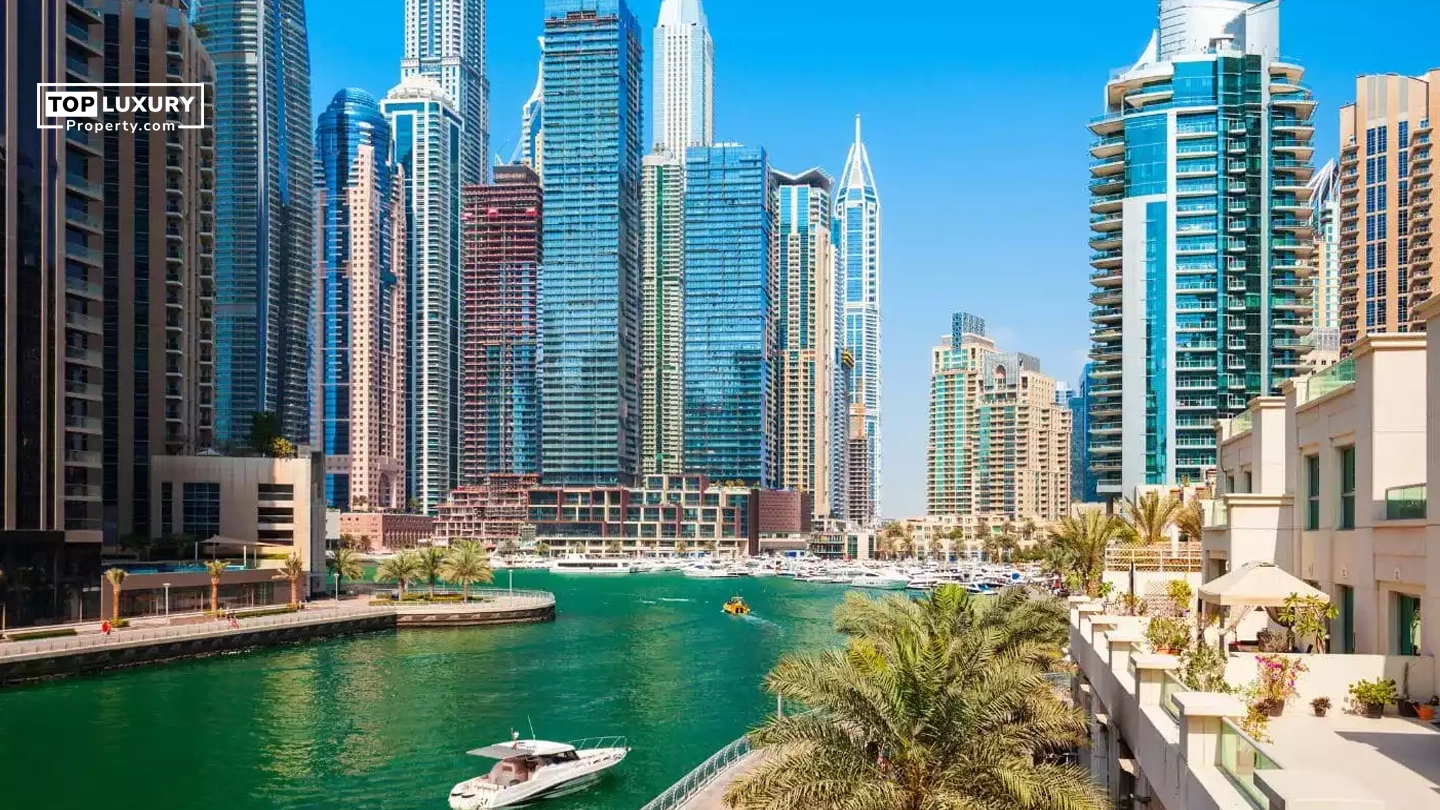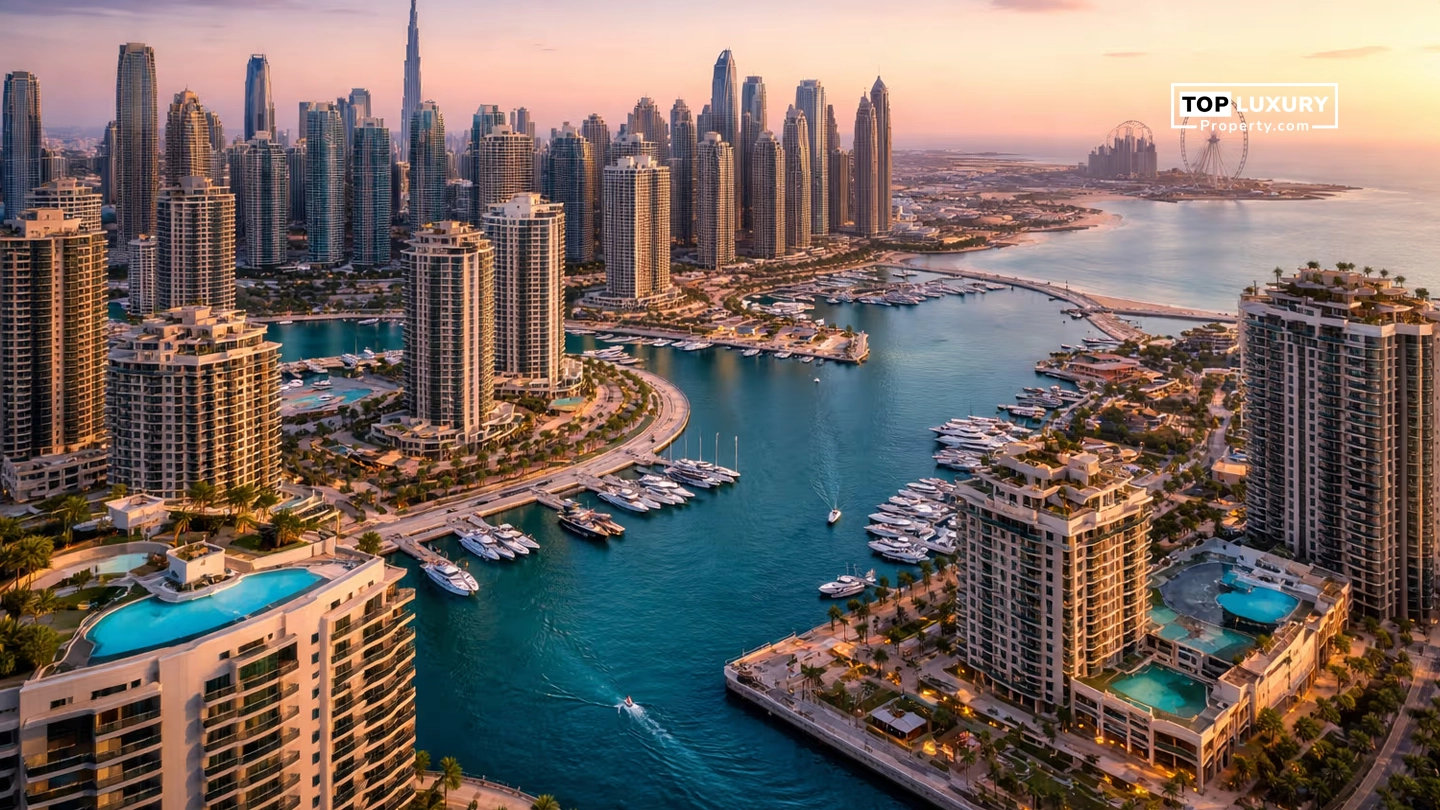What cities offer the best tax advantages while maintaining stability? Where ultra-rich people invest to get rid of taxes? There are many more questions. As we are living in an era of shifting global economy, the concept of a tax-friendly city has become more crucial than ever, where Strategic location is very important. Multipolitan’s Wealth Report 2025 names Abu Dhabi and Dubai as the top tax-friendly cities 2025 globally. These UAE cities attract wealthy individuals for good reasons. GCC tax-friendly cities now dominate global tax haven rankings.
The appeal goes beyond zero income tax. It includes stable governance, strong legal systems, and future-proof financial environments. Is your city on the 20 tax-friendly cities in 2025 list? Let’s examine the findings that are changing global wealth flows.
What is the Tax Friendly Cities Index 2025?
The Tax Friendly Cities Index by Multipolitan rates 164 global locations. It uses a thorough method that looks at more than just tax rates. The analysis includes:
- Tax metrics (personal income, capital gains, inheritance, and wealth taxes)
- Tax treaty coverage
- Governance quality
Nirbhay Handa, CEO of Multipolitan, puts it clearly: “Wealth isn’t just being built anymore – it’s being defended. Geography is becoming the ultimate strategy, and the UAE is at the forefront of this shift.”
True tax friendliness needs more than low rates. It requires stability, trust, and strong institutions. Wealthy individuals need to know favorable tax conditions will remain stable. They need confidence their assets will stay secure.
Top 20 Tax-Friendly Cities in 2025
The Tax Friendly Cities Index 2025 shows clear GCC dominance in tax-advantaged environments. Here’s the full ranking of the 20 tax-friendly cities in 2025:
| Rank | City | Score |
|---|---|---|
| 1 | Abu Dhabi | 637.1 |
| 2 | Dubai | 635.1 |
| 3 | Singapore | 624.2 |
| 4 | Manama | 611.9 |
| 5 | Doha | 611.9 |
| 6 | Zurich | 598.3 |
| 7 | Hong Kong | 592.6 |
| 8 | Kuwait City | 590.5 |
| 9 | George Town | 589.2 |
| 10 | Hamilton, Bermuda | 585.8 |
| 11 | Macau | 583.4 |
| 12 | Riyadh | 582.9 |
| 13 | Stockholm | 579.9 |
| 14 | Bucharest | 578.0 |
| 15 | Port Louis | 577.1 |
| 16 | St. John’s | 576.2 |
| 17 | Muscat | 575.9 |
| 18 | Prague | 572.6 |
| 19 | Sofia | 571.1 |
| 20 | Tallinn | 568.2 |
Seven of these 20 tax-friendly cities in 2025 are in the Gulf Cooperation Council region. This shows the area’s importance as a global wealth preservation hub.
Why the UAE Dominates as a Low-Tax Hub
The United Arab Emirates leads as the top destination for mobile wealth. Abu Dhabi and Dubai didn’t reach the top of tax-friendly cities 2025 by accident. Their success comes from careful policy decisions. They’ve created an attractive environment for wealthy individuals.
Three key factors explain the UAE’s success:
- Zero income tax regime that removes personal tax burdens
- Strong legal infrastructure offering clarity and security
- Extensive tax treaty networks providing global connections
The numbers confirm this success. The Henley Private Wealth Migration Report 2025 expects 9,800 millionaires to move to the UAE this year. They’ll bring roughly $63 billion in wealth. The UAE has seen a 98% increase in millionaires over the last ten years.
The UAE offers more than tax benefits:
- Political stability in an unstable region
- Top-quality infrastructure
- Strategic location connecting East and West
- Modern regulations that follow global standards
GCC Cities Dominate the Charts
GCC tax-friendly cities feature prominently in the top 20 rankings. This signals a major shift in global wealth movement. Beyond Abu Dhabi (#1) and Dubai (#2), five more GCC tax-friendly cities rank among the most tax-friendly places:
- Manama, Bahrain (#4)
- Doha, Qatar (#5)
- Kuwait City, Kuwait (#8)
- Riyadh, Saudi Arabia (#12)
- Muscat, Oman (#17)
Several common factors explain this regional dominance. GCC nations typically offer:
Favorable tax systems with zero or minimal personal income taxes
Strong institutions providing stable governance
Strategic focus on improving international connections
Deliberate policies to attract global wealth
Having seven GCC tax-friendly cities in the 20 tax-friendly cities in 2025 highlights the region’s importance for wealth preservation. This marks a significant change. Middle Eastern cities now challenge traditional European and Asian financial centers.
Why do Abu Dhabi and Dubai Top the Rankings?
Abu Dhabi and Dubai both offer excellent tax environments. Small differences put Abu Dhabi at the very top of tax-friendly cities 2025, with Dubai in second place. What makes these UAE cities stand out?
Abu Dhabi’s Winning Formula
Abu Dhabi leads for several reasons:
- Ultra-low personal taxes with a 0% income tax
- Strong regulatory stability building investor confidence
- Lower property fees compared to Dubai
- Solid governance showing institutional strength
These features give Abu Dhabi a slight edge in the Tax Friendly Cities Index. It earned the top spot with a score of 637.1.
Dubai’s Complementary Strengths
Dubai ranks second (635.1 points) in the Tax Friendly Cities Index with different but equally strong advantages:
- Global accessibility through extensive treaty networks
- Strong governance reputation and clear regulations
- Excellent connectivity to international markets
- Progressive business environment that adapts to global standards
Together, Abu Dhabi and Dubai make the UAE the global center for wealth preservation. Their ranking in the Tax Friendly Cities Index tells only part of the story. The Multipolitan report also rates cities in two other ways:
- The Wealth Preservation Cities Index (2015-2025) - Shows how well cities protected purchasing power over ten years. Abu Dhabi and Dubai rank 22nd and 24th. This shows their growing strength in capital preservation.
- The Smart & Sustainable Cities Index (2025) - Measures climate resilience and digital infrastructure. Abu Dhabi and Dubai rank 23rd and 25th. This reflects their progress and future potential.
Beyond Tax Rates: What Makes a True Tax Haven in 2025?
Wealthy individuals want more than low tax rates. As the Multipolitan report shows, true tax-friendly cities 2025 must offer:
- Stable governance - Assurance that tax conditions will remain favorable
- Asset security - Strong laws protecting property rights
- Global recognition - Legitimacy in the international financial system
- Future-proof infrastructure - Systems that adapt to changing conditions
The best tax-friendly cities 2025 balance immediate tax benefits with long-term stability. The report states: “Today’s tax-friendly cities must offer more than a low tax rate. They must earn investors’ trust that the rate won’t suddenly change and that assets will remain safe.”
Conclusion
The 2025 Tax Friendly Cities Index reveals major shifts in global wealth protection. The UAE’s leadership position shows wealth continues to move eastward. GCC tax-friendly cities now challenge traditional Western financial centers. For wealthy individuals, these findings offer clear direction. As tax pressures grow in traditional markets, geographic diversification becomes essential. The UAE and GCC region present strong opportunities for forward-thinking investors.







